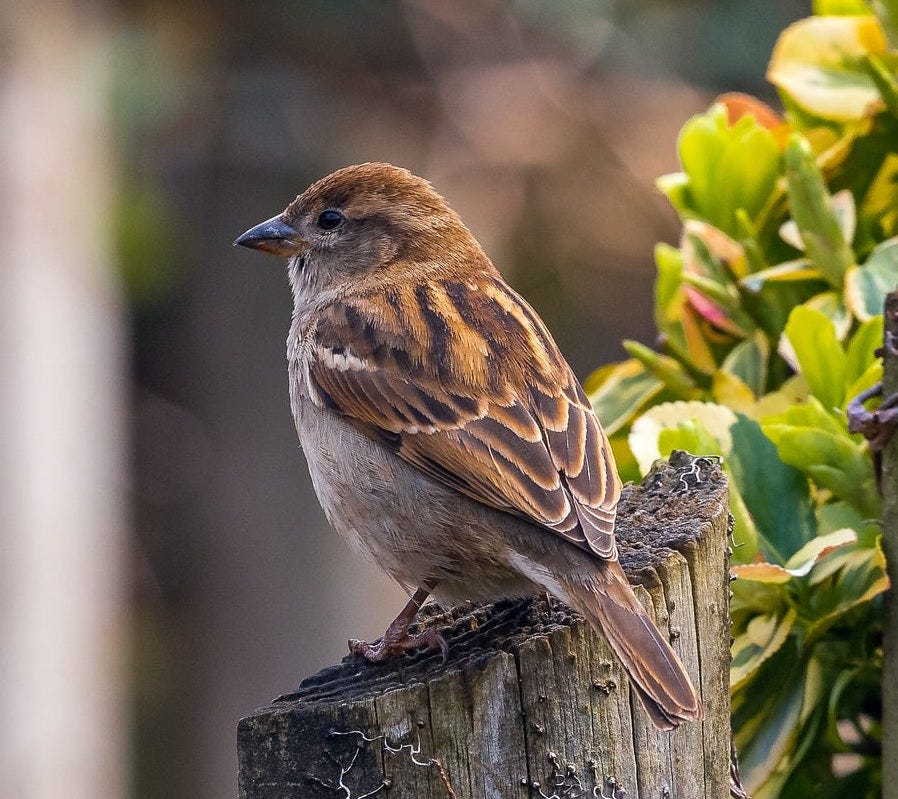Mishlei 26:2
משלי (כו:ב) כַּצִּפּ֣וֹר לָ֭נוּד כַּדְּר֣וֹר לָע֑וּף כֵּ֥ן קִֽלְלַ֥ת חִ֝נָּ֗ם [ל֣וֹ] (לא) תָבֹֽא
Mishlei 26:2 – Like a wandering bird and a flying sparrow, so too a baseless curse will come (back) to him.
Questions:
Q1: What do birds have to do with curses? What’s the connection between the first half and the second half?
Q2: What is the definition of a baseless curse?
Q3: What is the quality in birds that is relevant to our subject?
מצודת דוד משלי כו:ב
כצפור – כמו צפור הפורח מקנו להיות נודד להשיג מאכלו וכמו הדרור הפורח מקנו לעוף השמים הנה הם חוזרים לקנם כן קללת חנם חוזרים ובאים אל המקלל עצמו מפיו יצאו ואל קרבו יבואו.
Metzudat David
Like a bird – like a bird leaves its nest and roams in search of food, and like the sparrow leaves its nest and flies in the sky, but they [always] return to their nests, so too a baseless curse returns and come to the one who uttered the curse himself. From out of his mouth it goes, but comes back to him.
Description:
When a person is frustrated, they might find themselves upset with those around them. When someone insults another person without any reason, it reflects on the speaker more than the person who was the target of the curse or insult.
Main Idea:
A baseless curse is one that is not justified. Lashing out at someone else might momentarily draw attention away from one’s own situation or faults. But ultimately, if the condemnation is not justified, the insult will primarily reflect on the speaker. Like a bird always returns to its nest, so too, a baseless insult always comes home to roost.
משלי (כו:ב) כַּצִּפּ֣וֹר לָ֭נוּד כַּדְּר֣וֹר לָע֑וּף כֵּ֥ן קִֽלְלַ֥ת חִ֝נָּ֗ם [ל֣וֹ] (לא) תָבֹֽא
Mishlei 26:2 – Like a wandering bird and a flying sparrow, so too a baseless curse will come (back) to him.















Share this post